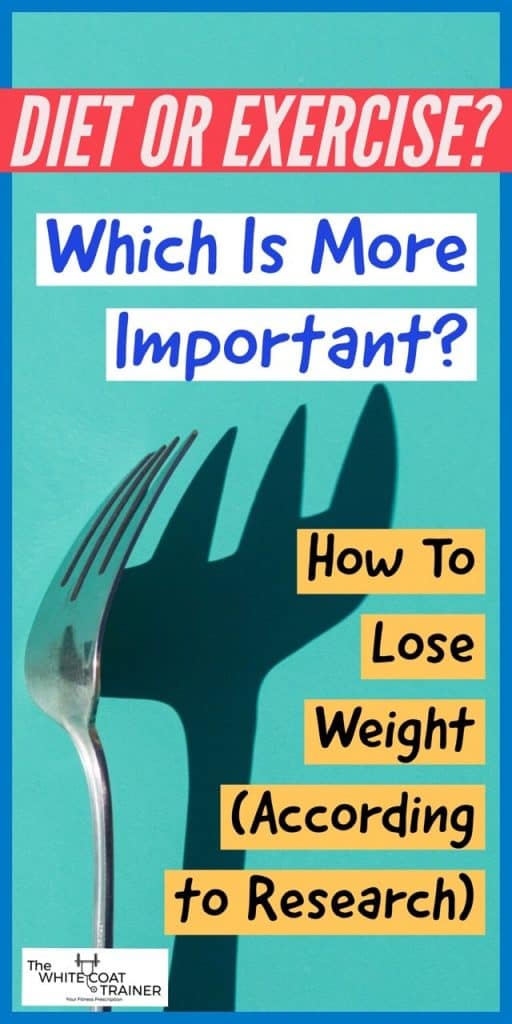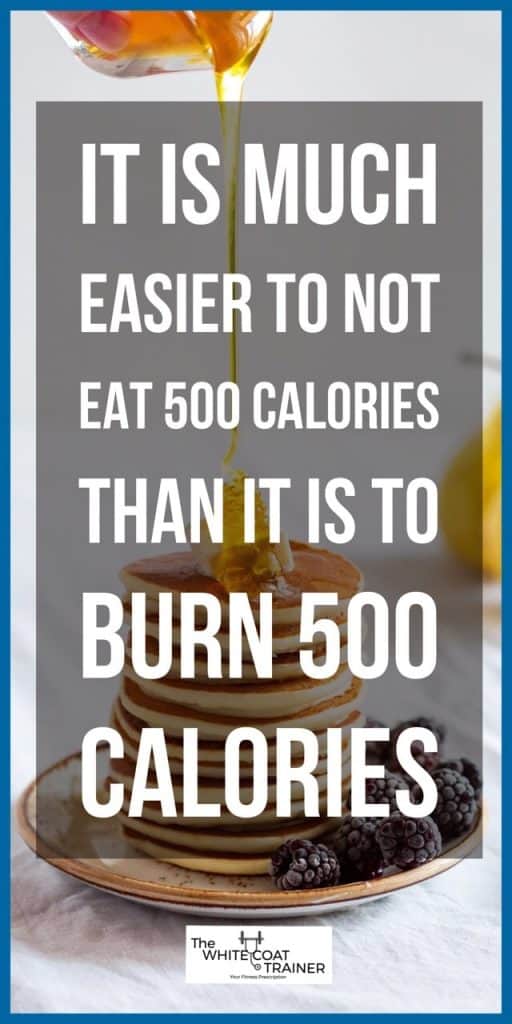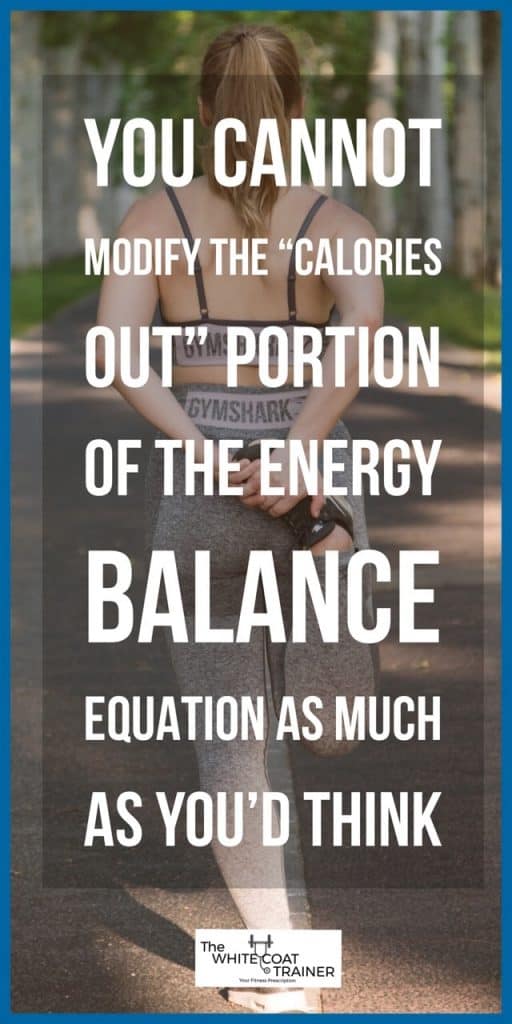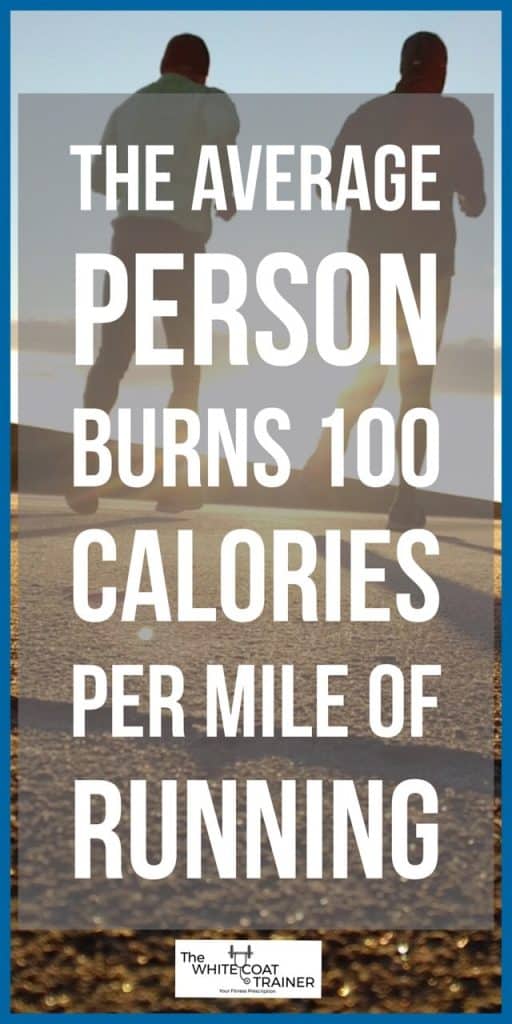Diet vs exercise- which matters more?
It’s no surprise that diet and exercise are very effective at helping you to lose weight and improve your body composition.
But where should you focus your time?
Is diet more important, or is exercise more important?
Today, we will answer this question and much more.
Keep reading.

Is Diet or Exercise More Important?
It depends on what your goal is.
If your goal is to lose weight, then dieting is more important than exercise.
If you want to build muscle, then exercise is a little more important than dieting.
If you want to lose fat and build muscle, or you want to maximize your health, then you need to do both, diet and exercise.
But, if you had to pick one, you should focus your time on the diet.
Let me explain a little further.
You Can Exercise And Still Be Overweight
When used together, dieting and exercise can be a very powerful duo.
But what if you only want to exercise?
Unfortunately, exercising alone doesn’t make you healthy. There are plenty of people who exercise but are still overweight.
Exercise by itself may not counteract the negative effects of excessive body fat. These include insulin resistance, high cholesterol, and even high blood pressure.
Or You Can Be Normal Weight and Very Unhealthy
What if you aren’t overweight?
Is dieting necessary if you exercise and have a healthy BMI?
Yes and no.
Believe it or not, up to 22% of people with a BMI <30 can still have signs of metabolic syndrome. These include high blood pressure, impaired glucose tolerance, and dyslipidemia, all of which are risk factors for cardiovascular disease.
It is well documented that lifestyle modifications such as improving your diet can help combat the negative effects of metabolic syndrome.
So it should go without saying that the food you put into your mouth can have a significant impact on your health.
But there are other reasons why diet is more important.
Namely…
Food Can Easily Cancel Out Exercise
Another important thing to consider is that you can never out-exercise a bad diet.
Our levels of body fat are determined by our caloric consumption.
It is simply much easier to eat 500 calories than it is to burn 500 calories through exercise.
Eating 500 calories is very enjoyable and can take 5 minutes. Burning 500 calories requires a lot of physical work and can take upwards of an hour.
Which would you prefer to avoid?

You would probably agree that you are far better off not consuming those 500 calories.
But this is a lot easier said than done. You are surrounded by delicious, highly-palatable, high-calorie foods all the time.
This is the reason why you carry more body fat than you’d like. And the reason why exercise alone will not save you.
If you want to lose weight, then you need to achieve what we call a negative calorie balance.
Let me explain further.
The Only Thing Known To Cause Weight Gain- The Caloric Surplus
If your goal is to lose weight, then you need to understand the concept of energy balance.
In its simplest terms:
Your energy balance is determined by the number of calories you consume relative to the number of calories your body burns.
If you burn more calories than you eat, you should lose weight. If you eat more calories than you burn, then you will gain weight.
This is where the concept of ‘calories in vs calories out’ came to be.
It is the most simple understanding of body composition possible. So this begs the question, what contributes to the ‘calories out’ portion of the equation?
There are many factors that can affect the number of calories your body burns.
Some of which are completely out of your control.
These include…
Your BMR (Basal Metabolic Rate)
This is the number of calories your body burns just to be alive.
Your body needs calories for everything. To walk, to talk, to breathe, to think, and to keep your heart beating.
The thing is, everyone has a different baseline level of basal metabolic rates. You can get an idea of your BMR using this calculator.
But keep in mind that this is only a rough estimate. Your genetics largely determines what your baseline BMR is.
Your Exercise Levels
The amount of exercise you do also contribute to the ‘calories out’ portion of the energy balance equation. This one is obvious. The more you exercise, the more calories your body will burn.
With that said, exercise does not burn as many calories as you may think.
Also, different people will burn different amounts of calories even with the exact same exercise regimen.
In other words, your genetics can also play a big role in the amount of energy burned through exercise.
Your Non- Exercise Activity (AKA NEAT)
NEAT (non-exercise activity thermogenesis) refers to all the movement you do on a day-to-day basis. All the fidgeting, toe-tapping, and other unconscious movements that you do burn calories.
The more you fidget throughout the day, the more calories you burn.
Similarly to exercise, the number of calories burned through NEAT varies from person to person. Someone with a very high metabolism naturally burns more calories via NEAT and vice versa.
So what can we conclude?
You can alter your energy expenditure to a degree, but it doesn’t contribute a significant effect on the energy balance equation.
In other words, exercise isn’t the best way to lose weight.

But I have some good news.
There is a much easier way to tip the energy balance equation in your favor.
Focusing on your diet.
The 80 20 Diet to Exercise Ratio
If you could only pick one, diet vs exercise, you should diet.
Thankfully, we don’t live in a black and white world. You don’t have to pick one or the other.
You should diet and exercise, with a heavier emphasis on your diet.
How much more?
About 4x more effort should be spent on what you do or do not eat rather than how much you exercise.
AKA an 80/20 ratio of diet to exercise.
Is this a hard and fast rule?
No.
It is meant to remind you that it is far easier to control the ‘Calories In’ section of the energy balance equation.
Not eating that doughnut can spare you of having to run for 60 minutes on the treadmill.
Drinking water, instead of Dr. Pepper is the same as doing a full exercise session.
When you start to view your calorie intake in this regard, it is much easier to visualize the pros and cons of the food choices you make.
I understand that it is can be difficult to make better food choices and to exercise, especially when you have a busy schedule.
Below, I will go over a few strategies you can use to get started.
How To Diet And Exercise (For Beginners)
In this next part, I will go over a few strategies you can use to start improving both your diet and exercise status.
Let’s get started
#1 You Don’t Necessarily Have To Focus On Calories
Remember when I mentioned that your weight is determined by the energy balance equation? And that if you want to lose weight, you need to consume fewer calories than your body burns?
While this statement is absolutely true- you actually don’t have to track every single calorie you consume.
In fact, we have written an entire post on how to stop counting calories which you can check out here.
Instead, it is much easier to focus on maintaining satiation by eating foods that are filling, calorie-light, and nutrient-dense.
The easiest way to do this is to add more vegetables and other high fiber foods into your daily meals.
Fiber will keep you full, and slow down your digestion, naturally decreasing your calorie intake.
This is the key.
Control your hunger and satiety by consuming foods that are high in water and fiber content. That way, you are eating more volume of food, while indirectly creating a calorie deficit.
You can learn more in our article here.
#2 Choose Your Treat Meals Carefully
Everyone knows that highly processed foods aren’t good for you.
Cookies, cake, soda, pastries, doughnuts, ice cream, the list goes on.
Excessive consumption of these foods is a major contributor to weight gain and obesity.
As with all things in life, moderation is key.
You don’t necessarily have to give these foods up, rather, you need to pick your favorite ones and cut the rest.
If your guilty pleasure is ice cream, then don’t give it up! Have it from time to time, but do not overdo it. Consuming your favorite treat meal 1-2x a week will not detract from your goal or your progress.
In fact, allowing yourself a break from dieting is necessary. Strict perfection is not the goal, and often counterproductive.
#3 Don’t Rely On Cardio
Cardio exercises are a very inefficient way to burn calories. For example, running a marathon may only burn ~3000 calories!
That is crazy.
I know people who could eat that many calories in one sitting.
The average person burns approximately 100 calories per mile run. If you run 5 miles in 1 hour, that’s just 500 calories.
I don’t know about you, but I think that this is a poor investment of your time.
If you enjoy cardio, then, by all means, continue to do it. But, if you find cardio extremely boring as I do, you are much better off increasing your lean muscle mass percentage through resistance training.

#4 Focus on Building Muscle Size and Strength
Rather than spending long hours running, I recommend that you spend 30 minutes a day, 3-4x a week, strength training.
If you don’t have 30 minutes, you could even do 15 minute workout sessions.
Strength training is a great way to increase or maintain your lean muscle mass percentage, which increases your basal metabolic rate – i.e. improving your caloric expenditure.
Muscles are expensive to maintain. They burn more energy at rest than fat does (but not by a lot, which is why focusing on your diet is still the most important thing to do.)
Also, strength training is one of the best ways to treat and prevent osteoporosis.
You can use your own bodyweight as resistance and workout at home, or you can use external resistance such as barbells and dumbbells at the gym.
We have countless articles on how to start exercising, which I will link to here.
Or you can check out one of our programs:
Recap/FAQs
Okay, that was a lot of information. Now let’s quickly recap the main points, and answer a few other questions.
Is Diet Or Exercise More Important For Weight Loss?
If pure weight loss is your goal, then diet is more important than exercise.
Exercise is necessary to increase your lean muscle mass, and improve your aerobic cardiovascular health, but it is a very inefficient way to burn calories.
Running a marathon, for example, only burns ~3000 calories. It is totally possible to consume that many calories in just one meal!
It is far easier to simply reduce the number of calories you are consuming, then it is to burn them off.
With that said, using both diet and exercise together will supplement each other, which I will get into a little further down.
Is Diet Or Exercise More Important For Health
Again, if you could only pick one, diet is more important for health than exercise.
Exercising alone may not counteract all the negative effects of excess body fat, and of eating a very poor low-quality diet.
Improving your diet will help you maintain a healthy BMI and reduce your risk of all-cause mortality.
That’s not to say that exercise doesn’t have its benefits. Exercise can help build and maintain your lean muscle mass, improve your blood sugar regulation, energy production, mental concentration, and self-esteem.
What About Diet Vs Diet And Exercise
I’m glad you asked.
Obviously, you are not limited to picking between diet or exercise. You can clearly do both. But is diet and exercise more effective than diet alone in weight loss and overall health?
When you begin to lose weight through a calorie deficit, your body will begin to burn both fat AND muscle. This is because your body goes into survival mode and starts to get rid of non-essential tissue.
Ideally, you want to hold on to as much muscle mass as possible, as muscle tissue is metabolically active, and a good marker of overall health.
Here is the cool part.
By exercising and maintaining a high protein diet, you can take advantage of a phenomenon known as calorie partitioning.
This is a fancy way of saying what becomes of the calories you consume.
When you do resistance training, you are sending signals to your body that it needs to preserve muscle tissue to keep up with the metabolic damage the exercise is causing. As a result, some of the calories you consume (and some of the calories your body must get from its supply) must be partitioned to repair your muscle tissue!
This can result in increased fat loss, and maintenance of muscle tissue.
Resistance training is your secret weapon to help you are create a competition of where your caloric energy should go.
How do you like that?
I Am Dieting And Exercising But Gaining Weight
If you are dieting and exercising but gaining weight, it is because you are inadvertently in a caloric surplus.
This means you are consuming more calories than your body is burning.
So, either you are
1) Underestimating how much food you are consuming or
2) Overestimating how much exercise you are doing
More likely than not, you are underestimating what you are eating.
Of course, there are other factors that could be involved that may be decreasing the number of calories your body is burning such as hypothyroidism or other hormonal imbalances.
But this is usually not the case. Re-evaluate what you are eating and look for areas to improve.
Wrap Up
So there you have it. I recommend that you focus 80% of your efforts on your diet and 20% on exercise. If you could only pick one, focus on your diet.
But instead of choosing one, just do yourself a favor and do both!
And that’s why we created The WCT Compound Diet.
It is a comprehensive system of 24 action easy and practical action steps to improve your diet and lifestyle.
Every action step is designed to be realistic and sustainable for even the busiest of professionals.
This is the same diet and lifestyle we follow working 80+ hours a week as OBGYN residents.
Now I want to hear from you.
What do you think? Anything you would add to this article?
Next You Should Read:
- How To Lose Weight Without Running [Do These 3 Exercises Instead]
- The Best Cardio Workout For Weight Loss [The 15 Minute Workout]
- How To Lose Weight Without Starving [10 Science-Based Tips]

Alex Robles, MD, CPT / Brittany Robles, MD, MPH, CPT
Alex & Brittany Robles are physicians, NASM Certified Personal Trainers, and founders of The White Coat Trainer: a resource dedicated to improving the health and fitness of busy professionals using time-efficient strategies. Their advice has been featured in My Fitness Pal, Prevention, Livestrong, Reader’s Digest, Bustle, The Active Times, and more. Learn more about them here.
References:
Pitsavos, Christos, et al. “Diet, exercise and the metabolic syndrome.” The Review of Diabetic Studies 3.3 (2006): 118.
Thomas, D. M., et al. “Why do individuals not lose more weight from an exercise intervention at a defined dose? An energy balance analysis.” Obesity Reviews 13.10 (2012): 835-847.
Dugas, Lara R., et al. “Energy expenditure in adults living in developing compared with industrialized countries: a meta-analysis of doubly labeled water studies.” The American journal of clinical nutrition 93.2 (2010): 427-441.
Osterberg, Kristin L., and Christopher L. Melby. “Effect of acute resistance exercise on postexercise oxygen consumption and resting metabolic rate in young women.” International journal of sport nutrition and exercise metabolism10.1 (2000): 71-81.
Johns, David J., et al. “Diet or exercise interventions vs combined behavioral weight management programs: a systematic review and meta-analysis of direct comparisons.” Journal of the Academy of Nutrition and Dietetics 114.10 (2014): 1557-1568.
Mettler, Samuel, Nigel Mitchell, and Kevin D. Tipton. “Increased protein intake reduces lean body mass loss during weight loss in athletes.” Medicine & Science in Sports & Exercise 42.2 (2010): 326-337.
